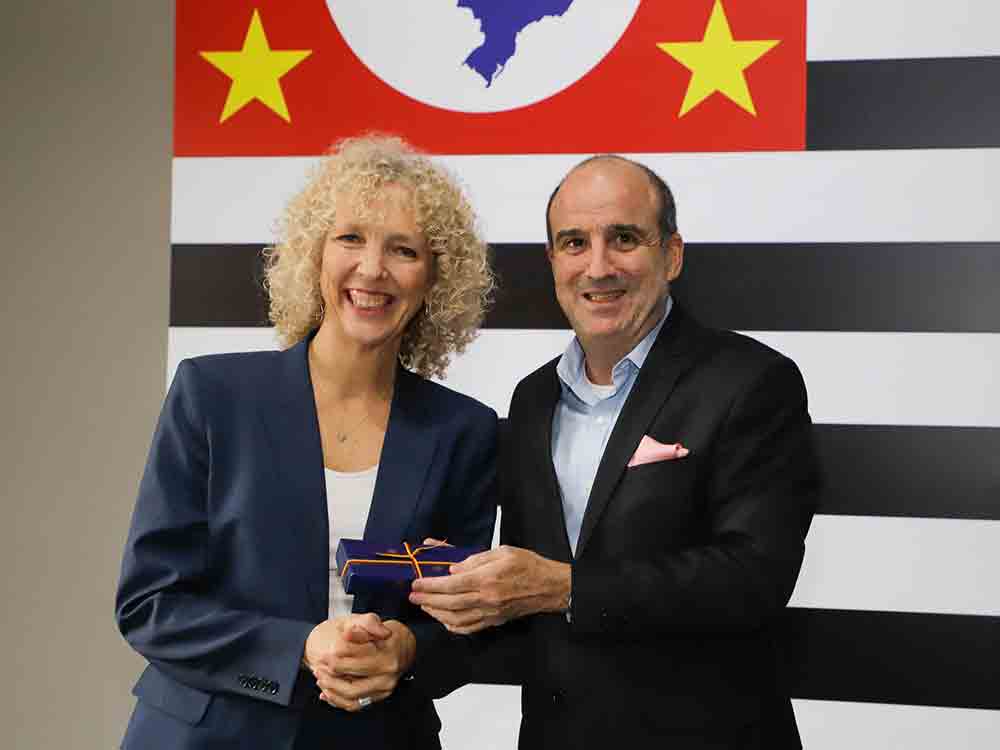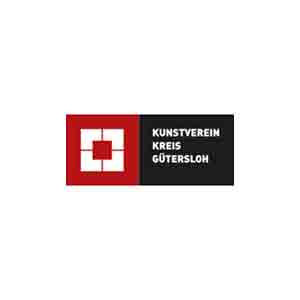Governments of São Paulo and Germany hold meeting to strengthen climate policy
- The Departments of International Relations, Infrastructure and Environment presented projects to the German government’s special representative and to the Consul General of Germany
The Government of São Paulo received representatives from the German government in order to strengthen the international climate policy agenda. The German government’s special representative for #climate policy, Jennifer Morgan, and the German Consul General, Martina Heckelberg, were received on Tuesday (6) at Bandeirantes Palace by SP State Secretaries Julio Serson (International Relations) and Fernando Chucre (Infrastructure and Environment), accompanied by the Executive Secretary of International Relations, Ambassador Affonso Massot.
“This meeting involving the Secretary of International Relations and the Secretary of Infrastructure and Environment shows the importance that São Paulo gives to its environmental policy, to the environment, to the reduction of greenhouse gas emissions into the atmosphere. Germany is a great partner and this meeting with the main representative of German climate policy contributes to the continuity of our shared projects and to new partnerships”, said Julio Serson.
During the presentation of local projects to the German government delegation, the Secretary of International Relations cited advances in environmental protection, among them the São Paulo Environmental Agreement, which has so far attracted the voluntary participation of about 1.700 companies. Serson mentioned São Paulo’s commitment to the Sustainable Development Goals (SDGs) of the United Nations Agenda 2030, and highlighted the program to clean up the Pinheiros River.
The Secretary of Infrastructure and Environment, Fernando Chucre, highlighted the long history of partnership between the German government and the State of São Paulo. “The latest project, recently signed with the German government and the GIZ, will allow for the creation of a fund to finance the exchange of equipment and the improvement of the energy matrix in the state of São Paulo for small and medium industries”, he said.
Another project mentioned by Chucre refers to the Resilient Municipalities of São Paulo program. “There are 12 municipalities whose technical teams were trained in strategies and actions to increase climate resilience, with the aim of reducing the impact of disasters resulting from extreme weather events”, he added.
Another important project in partnership with the German government, through GIZ, is the elaboration of the PAC 2050. “The actions planned in the PAC aim to engage governments, companies, investors, academics, and civil society leaders in achieving zero greenhouse gas emissions by 2050. To this end, new targets and solutions have been set for renewable energy, reforestation, low-carbon agriculture, biodiversity protection, waste management, sustainable transport, and water security”, he said.
The Climate Action Plan (PAC), which is undergoing public consultation until December 10th, was elaborated with the technical support of the German Agency and made possible a series of studies about the carbon trajectories in order to establish goals aiming emission neutrality by 2050. Among the planned actions is the Refloresta SP program, which aims to recover 1.5 million hectares of forest in the same period.
“Germany is privileged to be able to work as a team with the Government of São Paulo. The projects in the environmental area are examples to the world”, stated the Special Representative for Climate Change, Jennifer Morgan. The partnership between São Paulo and Germany has guaranteed investments in the state, proof of that are the companies that have settled in the state. “São Paulo is home to more than 800 German companies, forming the largest industrial hub outside Germany”, added Consul General Martina Heckelberg.














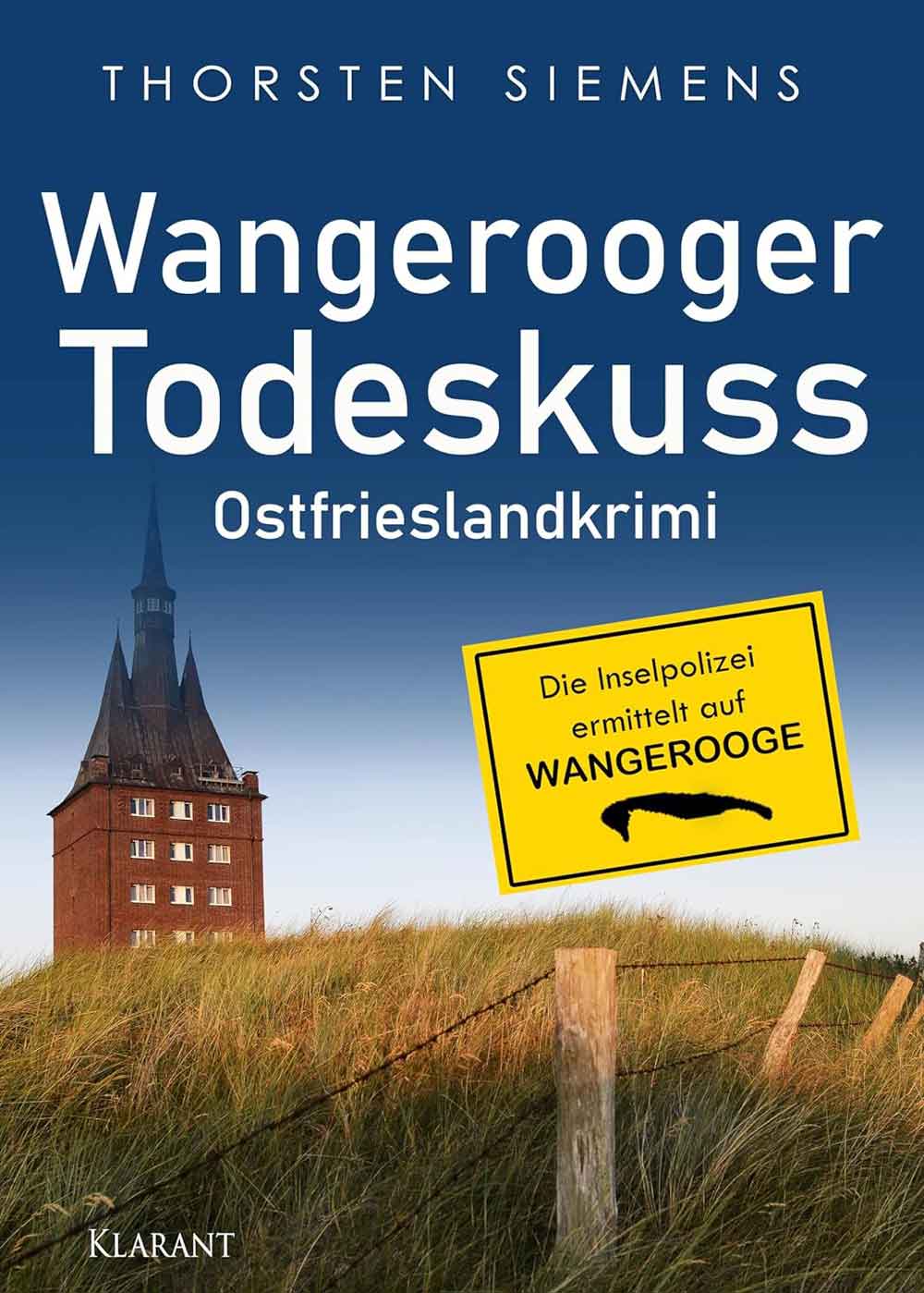


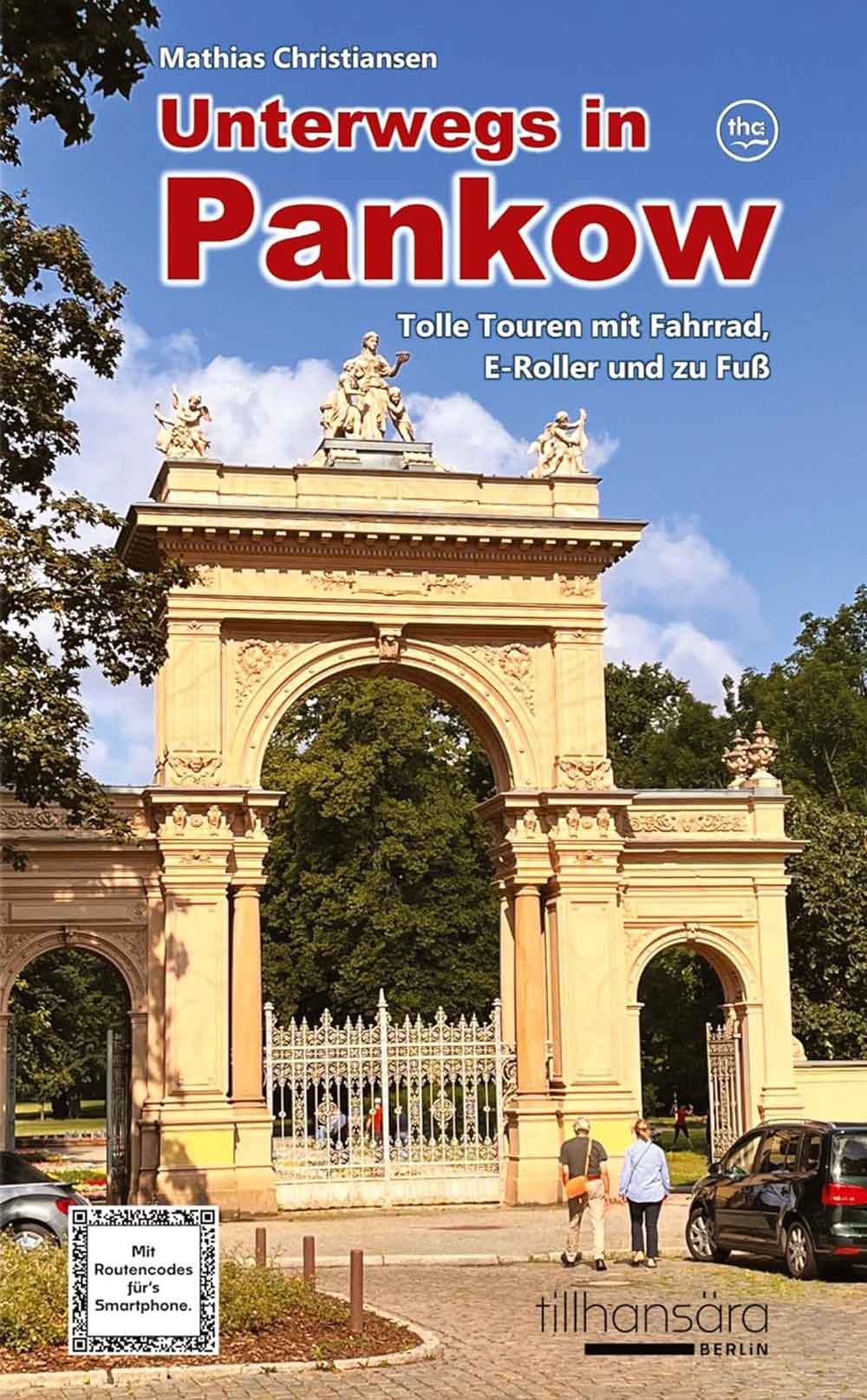
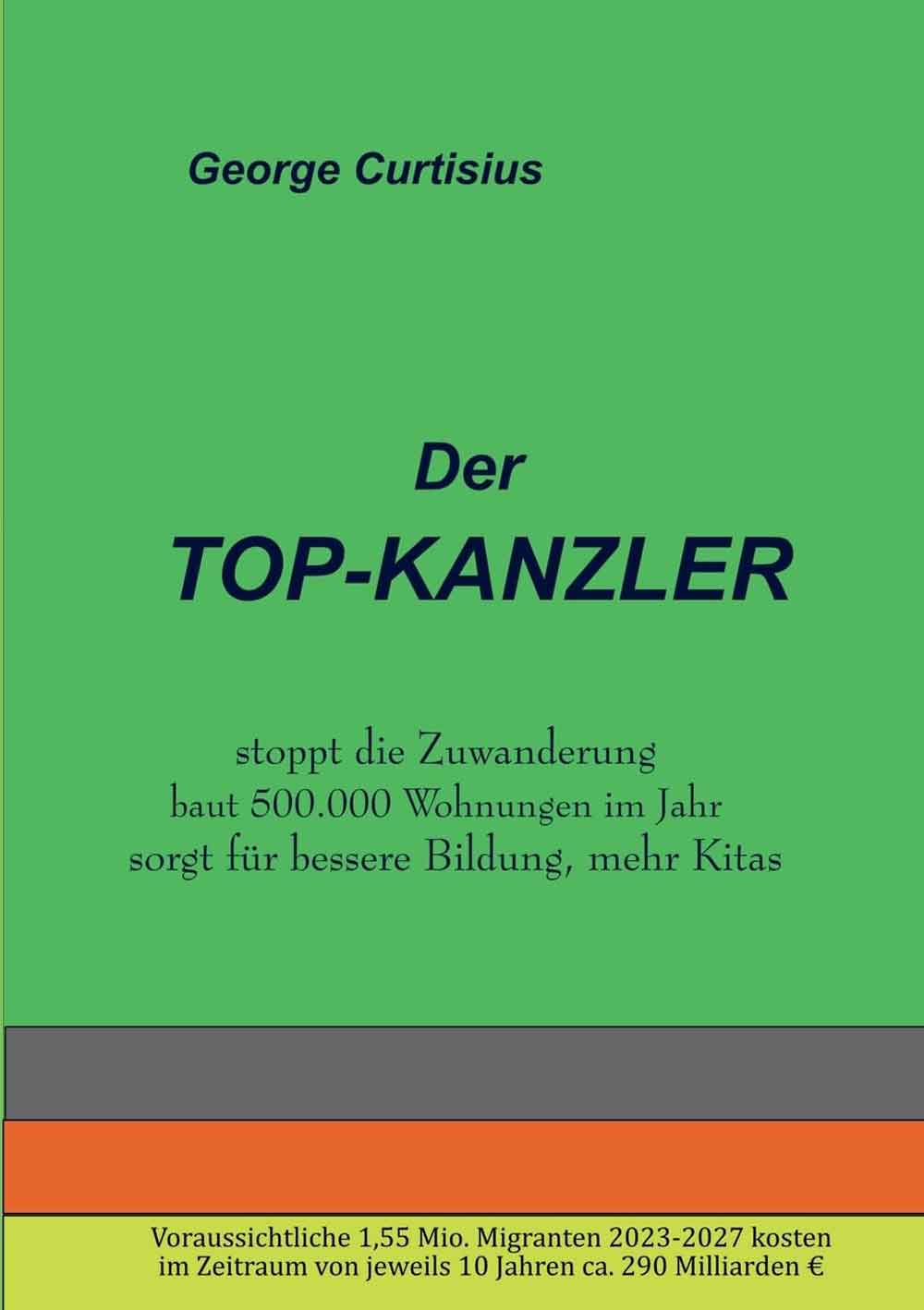



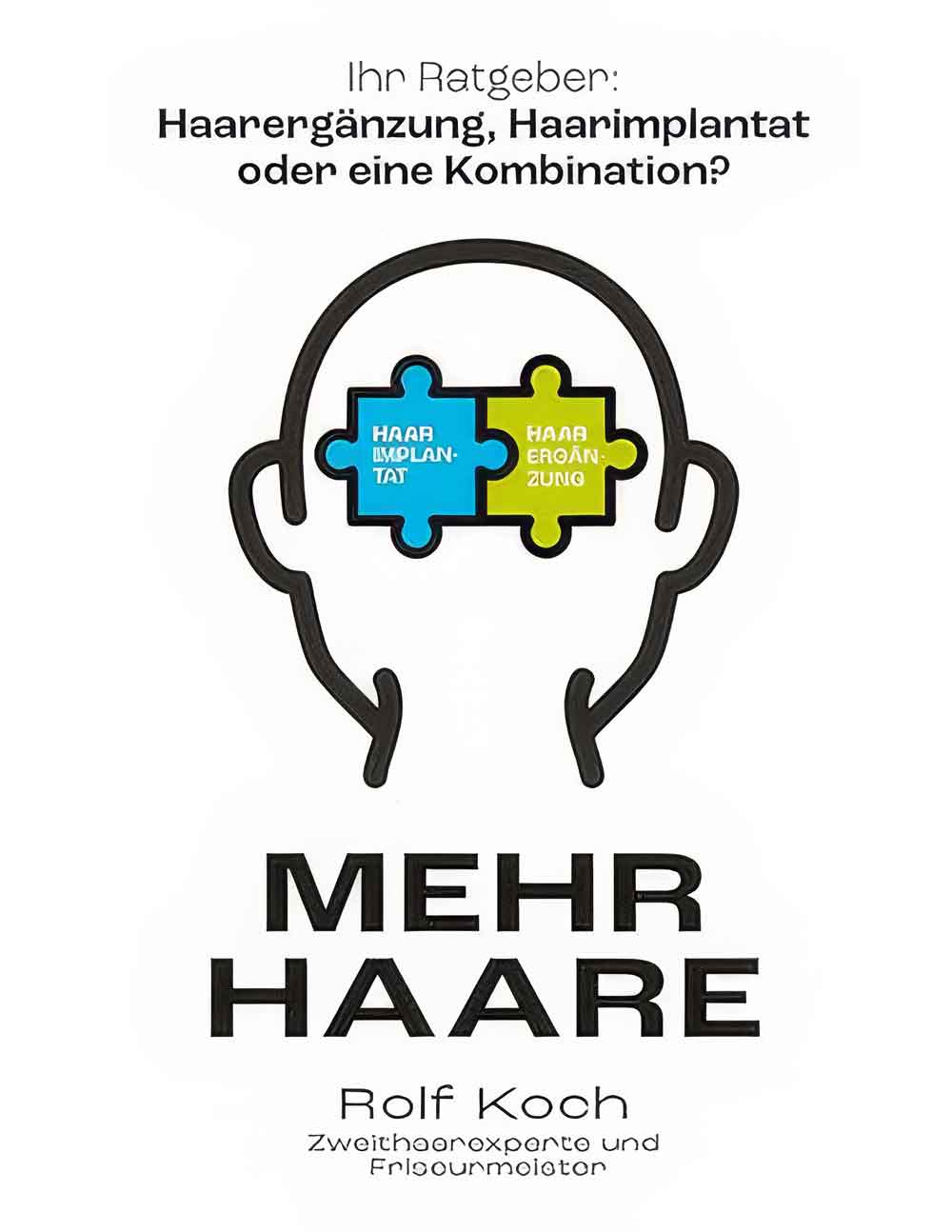
















 Gütsel RSS Feed
Gütsel RSS Feed






